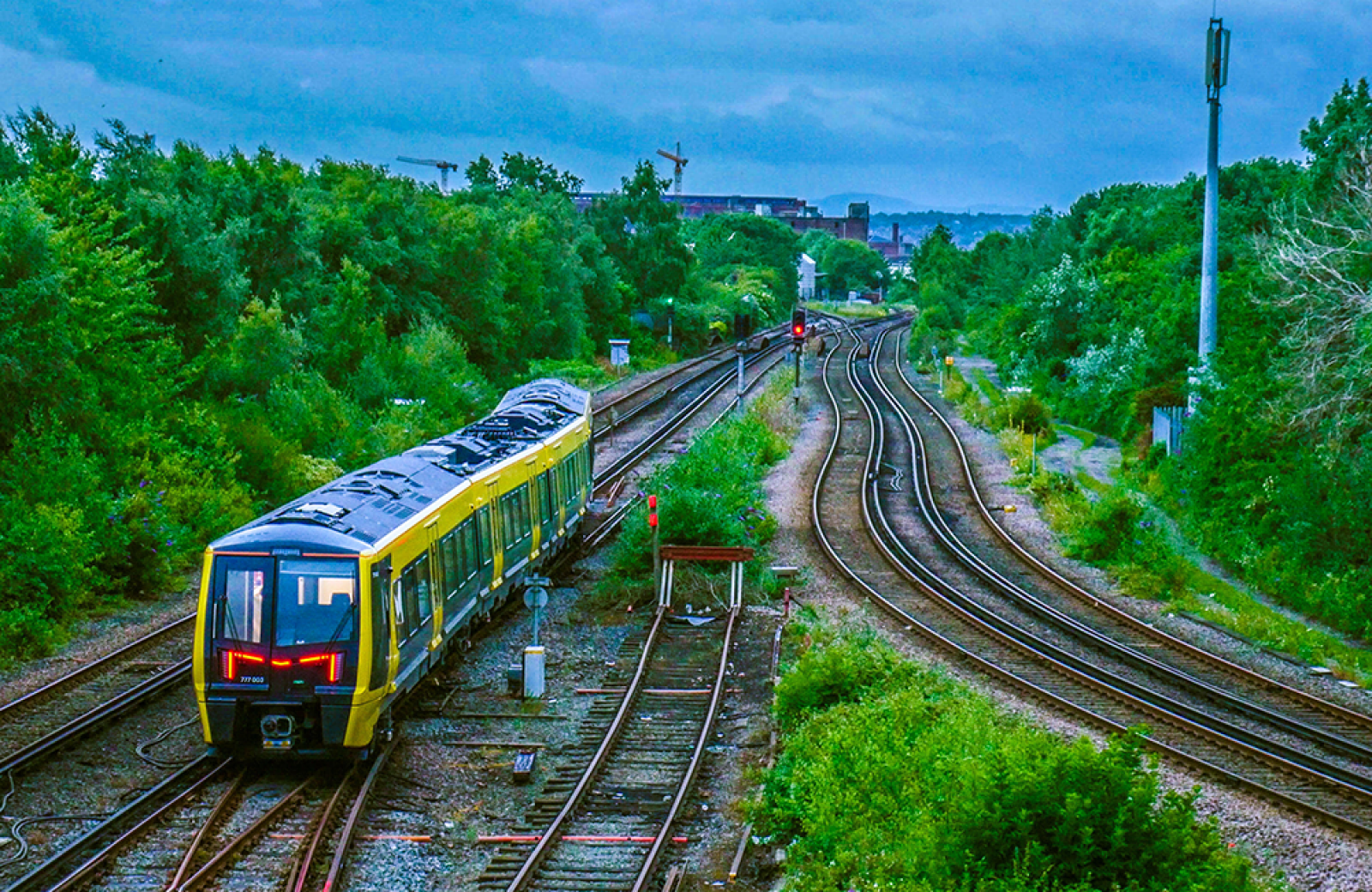Urban Transport Group frustrated by sidelining of city region role in rail reform consultation

The Urban Transport Group has expressed its frustration that city regions have been sidelined in the Government’s consultation on legislation to implement rail transformation, which closes for responses today.
In its response to the consultation, the group (which represents England’s largest city regions) said:
“The Urban Transport Group welcomes many of the proposals in this consultation and the ambition to simplify the management of the rail network and allow for longer term and integrated planning. However, the consultation is silent on the integration of rail with the rest of the transport network, especially in the city regions.
“… the authorities and groupings involved in specifying and managing the passenger rail network will have no statutory or formal status or role in any part of the new structure. Given this, the Government should reconsider and give city region transport authorities a clear and statutory role in the new railway framework, so that their expertise and knowledge of local communities can be fully used in managing, planning and developing the rail network, and further devolution of services and infrastructure can be agreed where appropriate, and rail can become part of wider integrated transport networks.
“Overall, the framework in this document is highly centralised, and there are no clear routes set out through which communities, and those representing them, will be able to influence the management and future of rail services, stations and infrastructure in their areas.”
Jonathan Bray, Director of the Urban Transport Group, said:
“Although there has been significant engagement throughout the rail reform process, it is frustrating that when it comes to the documentation that the role of city regions is ignored or side-lined. Especially so when one in three journeys are made on partially or fully devolved rail services and when devolving responsibilities for rail to devolved authorities and administrations has been one of the few rail success stories of recent years. So much so that the format by which London and Liverpool City Region have successfully managed their local heavy rail services has been adopted in national rail reform.
“If it is to succeed, rail reform needs to look outwards to people and places and not become an introverted exercise. Railways are not an end in themselves and in the city regions they need to form part of wider integrated public transport networks and our role in making that happen needs to be recognised.”
Related content
Consultation response

